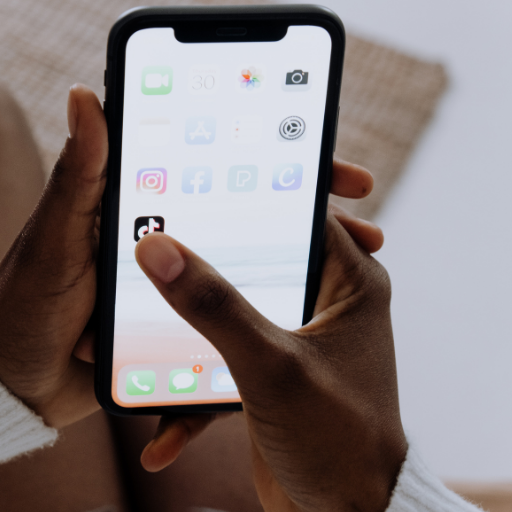Introduction
Brazil has filed two separate lawsuits against major tech giants Meta and TikTok, accusing them of neglecting the protection of child users on their platforms. In addition, the reputable consumer rights group, the Collective Defense Institute, initiated these lawsuits, which are valued at 3 billion Brazilian real (approximately 18 billion TRY). According to the claims, the platforms failed to protect young users from addictive content and harmful algorithms, which threaten their mental health. Furthermore, the Chinese-based short-video platform Kwai also faces involvement in the lawsuits, with plaintiffs demanding that these companies implement tangible measures to safeguard children’s well-being.
Key Allegations: Protecting Children’s Privacy and Mental Health
The lawsuits highlight the pressing need to protect the personal data of children and teenagers and prevent harmful algorithmic effects. The plaintiffs are urging Meta and other social media companies to issue clear warnings about the risks of addictive content and to increase content moderation, especially for younger users. These legal actions are part of a growing global push for stricter social media regulations regarding child safety.
Brazil has been proactive in implementing strict social media regulations and data privacy measures. According to the Collective Defense Institute, the country’s current laws are insufficient to protect young users, especially regarding the handling of personal data and privacy. Lawyer Lillian Salgado emphasized that such regulations already exist in many developed countries, and Brazil must follow suit by making social media algorithms safer for users under 18. This lawsuit is another step in Brazil’s ongoing efforts to pressure social media giants to minimize the harmful effects on children’s mental health.
The Impact of Social Media on Teen Mental Health
Research examining the effects of social media addiction on teenagers has revealed alarming links to anxiety, depression, and poor self-esteem. Continuous online engagement, especially through “likes” and other interactions, has raised concerns over how social media algorithms impact young people. Brazil’s legal action highlights the need for these platforms to modify their algorithms to better protect users under 18.
This legal action follows similar steps taken in other countries. In 2023, Meta faced a lawsuit in New Mexico, USA, for not protecting children from explicit content, with allegations that the platform’s safety measures for child-targeted content were inadequate. Internal reviews conducted by Meta in 2021 revealed that child users endured daily harassment, but the company rejected proposed algorithm changes to address the issue.

Meta’s Response: Steps Toward Child Safety
In response to increasing criticism, Meta introduced a new “young accounts” feature in some countries, offering stricter privacy settings for users under 16. These accounts require parental consent and limit the interaction with content. However, this feature has yet to be rolled out in Brazil, though Meta has confirmed it will be available soon.
Meta representatives have stated that they have been working for over a decade to provide safe experiences for children, developing over 50 tools and features. However, the ongoing lawsuits suggest that these efforts may not be sufficient, highlighting the need for more substantial changes to protect young users on social media platforms.
Brazil’s Ongoing Legal Actions Against Social Media Giants
Brazil has a history of legal disputes with social media giants. For example, X (formerly Twitter), owned by Elon Musk, was fined nearly 4.9 million dollars after it refused to comply with a government order to close accounts spreading election misinformation. This latest lawsuit reflects Brazil’s ongoing efforts to enforce stronger regulations on social media platforms and ensure better protection for children online.
Conclusion
Brazil’s legal action against Meta and TikTok highlights the growing pressure on social media platforms to better protect children online. As concerns over mental health rise, the lawsuits push companies to strengthen privacy measures and content moderation for young users. Moreover, the outcome of this case could set important precedents for child safety regulations globally, forcing platforms to balance user engagement with the responsibility of safeguarding vulnerable users. Ultimately, this case marks a pivotal moment in the ongoing conversation about social media’s role in protecting children.

